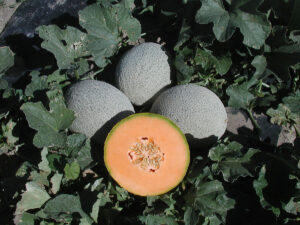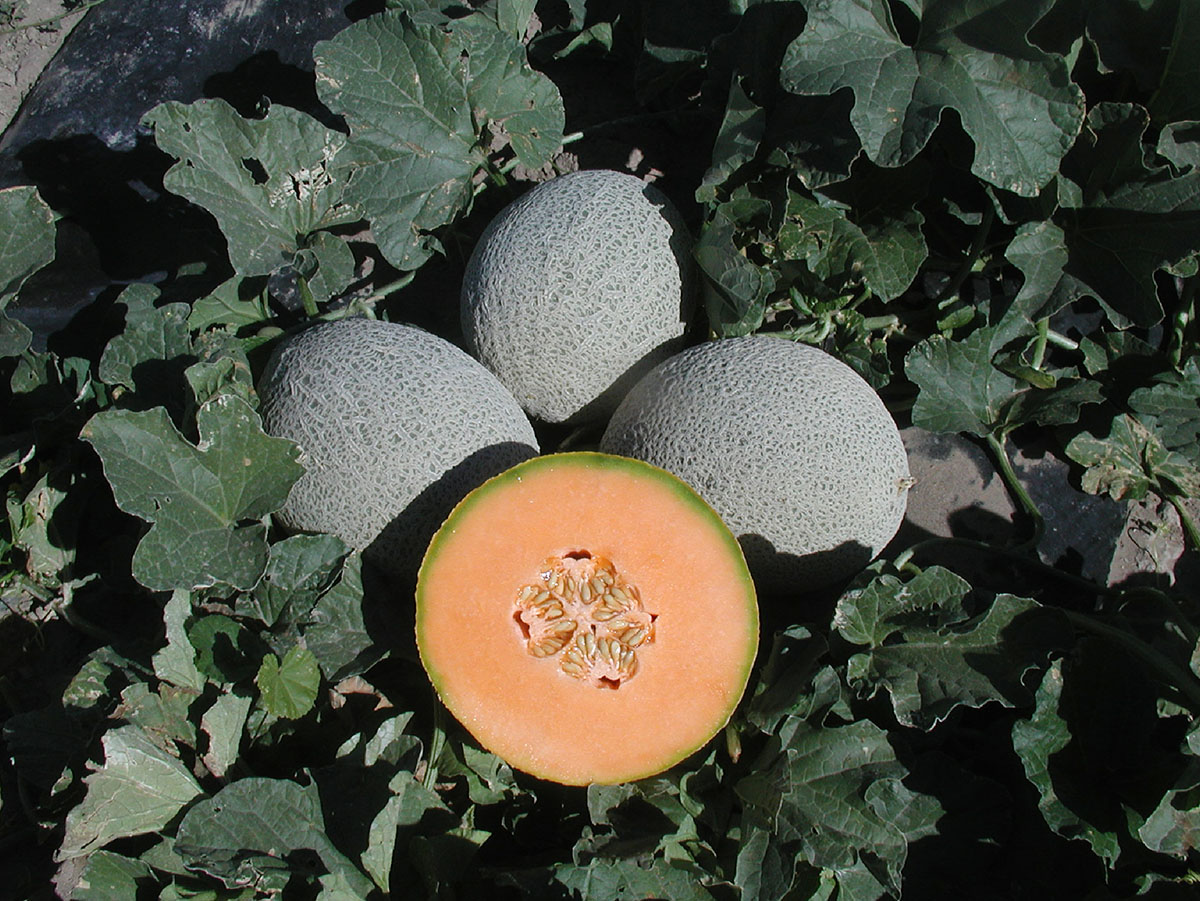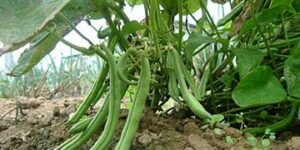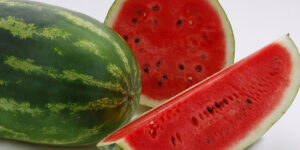
Transplanting ‘Adore F1 Hybrid Sweet Melon’ in Open Land
1. Transplanting
- Choose a sunny, well-drained location with fertile soil.
- Transplant seedlings at 4-6 weeks old, spacing them 60-90 cm apart in rows 1.5-2 meters apart.
- Water thoroughly after transplanting.
2. Open Land Management
- Maintain consistent soil moisture, especially during flowering and fruit development.
- Apply mulch to conserve moisture, suppress weeds, and regulate soil temperature.
- Consider staking or trellising to manage space and keep fruits off the ground.
3. Pest and Disease Control
- Regularly inspect for pests and implement integrated pest management.
- Practice crop rotation to prevent soil-borne diseases.
- Monitor for signs of Powdery Mildew and Fusarium Wilt and take action as needed.
4. Harvesting
- Harvest melons when they reach full size (1.5-2.0 kg) and emit a hollow sound when tapped.
- Cut the melons from the vine, leaving a short stem attached.
Recommended Method for ‘Adore F1 Hybrid Sweet Melon’
Considering the characteristics of ‘Adore F1’ melons, the recommended method for cultivation is open land transplanting. This method is ideal due to:
- Space for Growth: Open land allows ample space for the vigorous growth and sprawling vines of ‘Adore F1’ melons.
- Disease Management: The variety’s resistance to Powdery Mildew and Fusarium Wilt is an advantage in open land settings, where good air circulation can further reduce disease risk.
- Water and Nutrient Availability: Open land cultivation facilitates efficient water and nutrient management, which is crucial for melon development.
- Natural Pollination: Open land provides access to natural pollinators, which are essential for melon fruit set.
- Cost-Effectiveness: Compared to hydroponic or aquaponic systems, open land cultivation generally requires lower initial investment and is more traditional and familiar to most farmers.
The choice of method should also take into account local climate conditions, soil type, water availability, and the farmer’s expertise. In regions where land or water resources are limited, or where precision agriculture is preferred, hydroponic systems might be more suitable.





Reviews
There are no reviews yet.